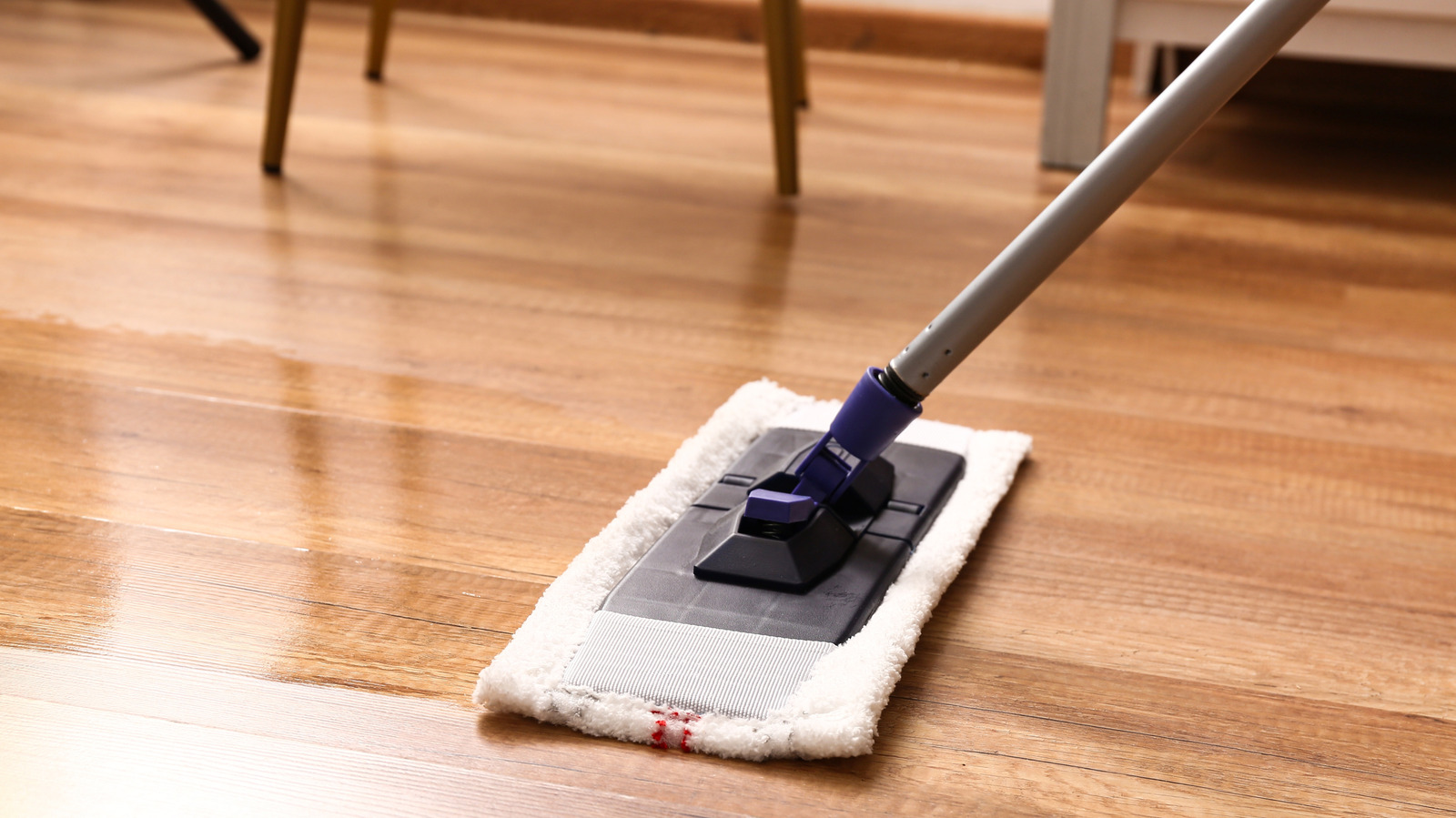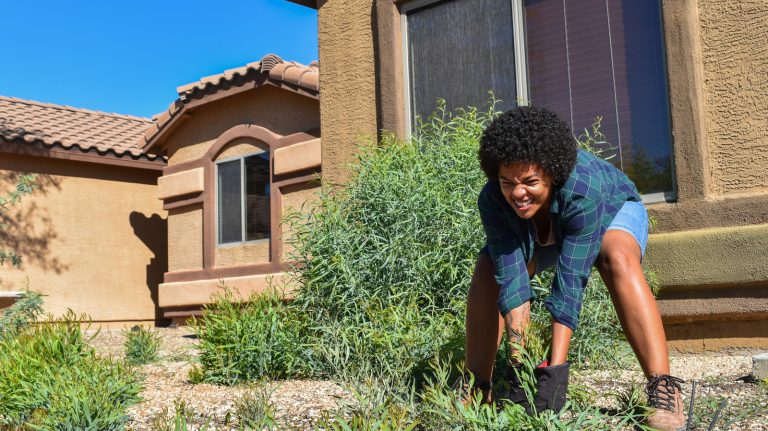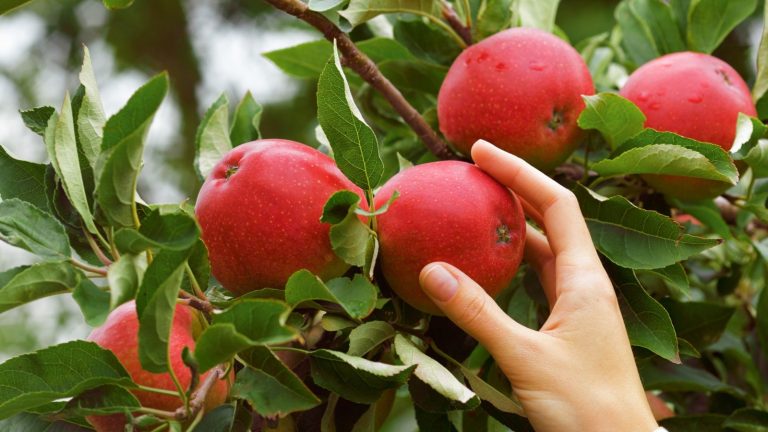
Floor cleaners often have pleasant fragrances, giving the illusion of cleanliness based on scent alone. However, a 2021 study highlights the toxicity of many artificial fragrances. Common scents like lemon, lavender, mint, and pine used in cleaning products often contain VOCs (volatile organic compounds), which are airborne chemicals that can irritate the eyes, nose, and throat, and may lead to chronic health issues with extended exposure.
In response, you might consider products labeled as “natural” or “plant-based,” though these terms can be misleading without clear ingredient disclosure. Instead, seek products with the EWG (Environmental Working Group) seal, ensuring they are free from harmful chemicals and transparent about their ingredients. Only two brands, Attitude and AspenClean, have received EWG certification for floor cleaners. Other brands like Aunt Fannie’s vinegar wash and OdoBan received an “A” rating, meaning “Low Concern,” but missed the certification.
Regrettably, some of the most toxic floor cleaners, rated “F” for “High Concern,” come from popular brands like Pledge, Clorox, and Mop and Go. A more economical and safer option is to create homemade wood cleaners using essential oils, which provide a fresh scent and are less harsh on surfaces compared to toxic chemicals. In addition to smelling pleasant, many essential oils possess genuine cleaning capabilities!
How to incorporate essential oils into your floor-cleaning routine
Before mopping with your homemade cleaner, dust and vacuum the floors. Create a homemade vinegar cleaning solution by mixing half a cup of white vinegar with a gallon of water. This solution serves as a versatile cleaner for floors and other surfaces, including bathrooms. Vinegar effectively cuts through dirt and grime, leaves surfaces streak-free, and combats mildew and bacteria. To mask the vinegar’s strong odor, add your preferred essential oil for a pleasant fragrance. Lavender is an excellent choice to neutralize vinegar’s scent, while pine oil can create a homemade version of Pine-Sol.
Note that vinegar may dull certain finishes, so always test a small area of your floor first and research cleaning methods suitable for your specific flooring. Alternatively, you can skip vinegar altogether and use just essential oils and warm water. Essential oils like tea tree, eucalyptus, and lemongrass contain antimicrobial properties, offering a natural way to eliminate bacteria without additional ingredients.
Water can damage hardwood floors, so ensure you thoroughly wring out your mop head before use and remove any standing water afterward. The O-Cedar EasyWring microfiber spin mop features a microfiber head for dusting and a hands-free wringing system.
The advantages of cleaning with essential oils
Which essential oil should you choose? Lavender oil, lemongrass oil, and tea tree oil have antimicrobial properties, helping to eliminate bacteria and fungi. Eucalyptus oil is antibacterial and a common ingredient in many EWG-certified cleaning products, capable of killing E.coli. Additionally, eucalyptus oil is found in Vicks VapoRub and can clear sinuses while cleaning your home.
Certain essential oils, such as chamomile, ylang ylang, sweet orange, and lavender, may help reduce stress or induce calmness. Others, like peppermint and rosemary, could enhance alertness and focus. Before cleaning with essential oils, consider which fragrances might benefit you in the forthcoming hours, enjoying both aromatherapy and clean floors.
Be aware that some oils can be toxic to pets, so research before using them in your home. While essential oils contain fewer chemicals than most store-bought cleaners, they may still include VOCs. Not all essential oil brands are equal. Plant Therapy is a reputable company that has banned 180 harmful ingredients and ensures purity, making it a likely safe choice. However, if someone in your household has asthma or respiratory issues, consider using fresh lavender, lemons, or pine needles in your cleaner instead of highly concentrated oils.






